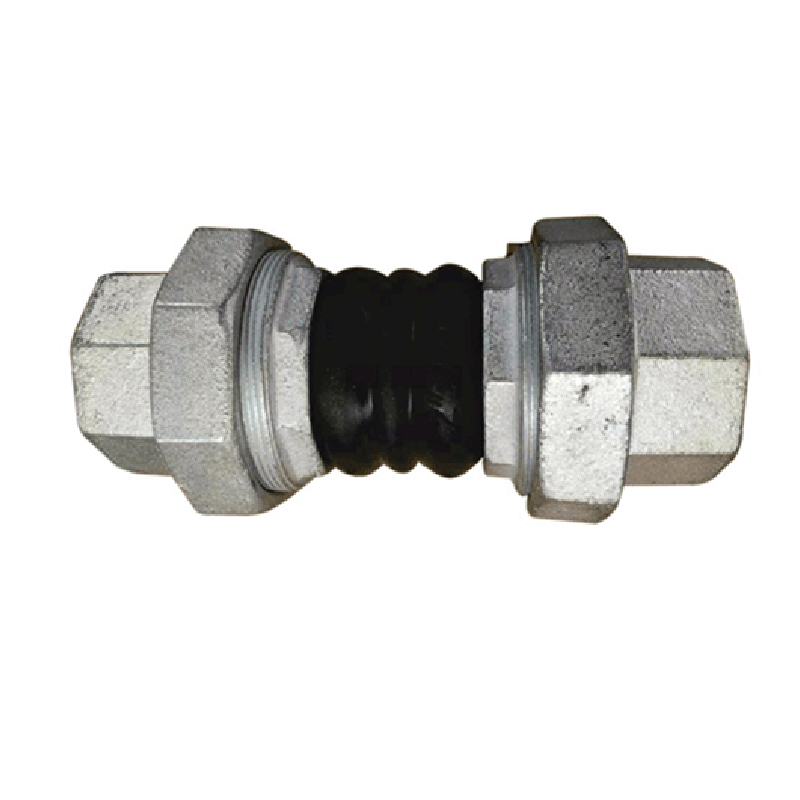Dec . 17, 2024 03:01 Back to list
carbon steel ball check valve
Carbon Steel Ball Check Valve A Comprehensive Overview
In the realm of fluid mechanics and systems, valves play a crucial role in controlling the flow of liquids and gases. One particularly noteworthy type of valve is the ball check valve, especially when constructed from carbon steel. This article aims to shed light on the functionality, advantages, applications, and maintenance considerations of carbon steel ball check valves.
What is a Ball Check Valve?
A ball check valve is a type of one-way valve that uses a ball to block the flow of fluid. The ball is positioned in a seat, and when the pressure from the upstream fluid exceeds the weight of the ball, the ball is pushed away from the seat, allowing the fluid to flow through. When the pressure decreases, the ball falls back onto the seat, preventing any reverse flow. This design not only helps prevent backflow, thereby improving system efficiency, but also protects sensitive equipment from potential damage.
The Role of Carbon Steel
Carbon steel, primarily composed of iron and carbon, is a widely used material in the manufacturing of various industrial components, including ball check valves. Its unique properties, such as excellent strength, durability, and cost-effectiveness, make it an ideal choice for various applications. Carbon steel ball check valves can withstand high pressures and temperatures, enabling their use in demanding environments.
Advantages of Carbon Steel Ball Check Valves
1. Strength and Durability Carbon steel offers robust structural integrity, making these valves suitable for high-pressure applications. This durability reduces the likelihood of wear and tear over time, contributing to a longer lifespan for the valve.
2. Resistance to Corrosion While carbon steel is susceptible to rust, the application of various coatings or treatments (such as galvanization or painting) enhances its resistance to corrosion, particularly in environments exposed to moisture and chemicals.
3. Cost-Effectiveness Compared to valves made from other materials like stainless steel or brass, carbon steel valves are generally more affordable. This cost efficiency makes them an attractive option for a wide range of applications.
4. Versatility Carbon steel ball check valves can be utilized in various industries, including oil and gas, water treatment, power generation, and pharmaceuticals. They are adaptable to multiple operational settings and fluid types.
Applications
carbon steel ball check valve

Carbon steel ball check valves find significance across several industrial sectors
- Oil and Gas Industry These valves are essential in pipelines to prevent backflow, which could lead to contamination or safety hazards. - Water Treatment In municipal water systems, ball check valves help regulate flow and protect pumps and other equipment from reverse flow.
- Chemical Processing They ensure that fluids flow in the intended direction, crucial for maintaining safety and efficiency in chemical reactions.
- HVAC Systems In heating and cooling applications, these valves prevent backflows that could disrupt system functionality.
Maintenance Considerations
While carbon steel ball check valves are designed to be durable, regular maintenance is essential to ensure their efficient operation. Here are some maintenance tips
1. Regular Inspection Periodic visual inspections can help identify signs of wear, corrosion, or damage. Any irregularities should be addressed promptly to prevent larger issues.
2. Lubrication Keeping moving parts well-lubricated can reduce friction and wear, extending the life of the valve.
3. Cleaning Periodic cleaning removes debris or buildup that could impede the valve's operation.
4. Replacement Components subject to extensive wear may need replacement over time. Regular assessments can help determine when replacements are necessary.
Conclusion
In summary, carbon steel ball check valves play an indispensable role in numerous industries by providing reliable, one-way flow control solutions. Their strength, durability, and cost-effectiveness make them a popular choice among engineers and manufacturers. By understanding their functionality and adhering to maintenance protocols, users can ensure the longevity and efficiency of these vital components. As industries continue to evolve, the demand for high-performing valves like those made from carbon steel is expected to remain robust, underpinning their importance in modern engineering and infrastructure.
Share
-
Reliable Wafer Type Butterfly Valves for Every IndustryNewsJul.25,2025
-
Reliable Flow Control Begins with the Right Ball Check ValveNewsJul.25,2025
-
Precision Flow Control Starts with Quality ValvesNewsJul.25,2025
-
Industrial Flow Control ReliabilityNewsJul.25,2025
-
Engineered for Efficiency Gate Valves That Power Industrial PerformanceNewsJul.25,2025
-
Empowering Infrastructure Through Quality ManufacturingNewsJul.25,2025